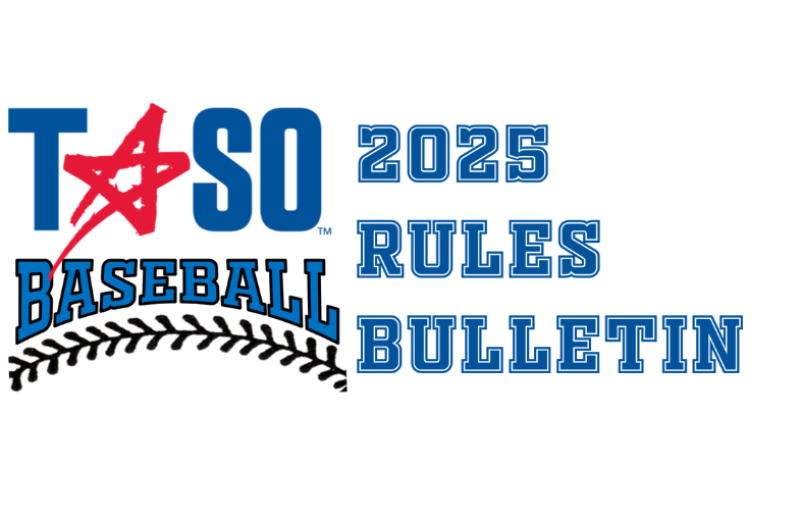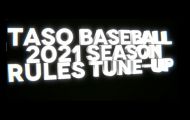
HIGH TIME TO TALK TIMING
by Jon Bible
Umpires always stress the importance of good timing behind the plate (and on the bases, but that’s a topic for another day). But to talk about good timing begs the question: What does it mean? And how do we make it happen?
We can be too quick and, for example, ball a pitch that looked like it would be a high fastball because we didn’t give ourselves enough time to see it break down into the strike zone. I once did this on what would have been the game‑ending third strike in a high‑profile college game; fortunately, the batter — who no doubt knew he wasn’t going to get another gift — swung and missed at the next pitch, which was out of the zone.
Conversely, our timing can be too slow. Then we can second‑guess ourselves, with bad results. For example, we see a pitch and instinctively know it caught the corner of the plate — was in our “window” — but because we’re so deliberate we talk ourselves into believing it was out of the zone, so we call it a ball. Analyzing things to the nth degree was required when I was in law school, but it can be counterproductive on the ball field.
In the early ’70s, when I was in the minor leagues, I saw a game with then‑NL umpire Paul Runge behind the plate. I thought his timing was awesome and I concentrated on him during the game. A pitch would hit the mitt, there would be about a two‑count pause and then he would make his call. He never deviated whether the pitch was down the middle or a foot outside. From then on, I consciously modeled myself after him.
If we’re quicker to call obvious pitches — balls or strikes — than close ones, people may infer we’re unsure of ourselves on the latter ones. Projecting uncertainty is a bad deal. So strive to pause for the same amount of time on each pitch, regardless of where it is. And I think a two‑count pause after it hits the mitt is just right — not so quick that you can’t register where a close pitch is, and not so slow that we second‑guess ourselves. If we keep the same rhythm on every pitch, we buy time to take a second look at close ones before calling them without anyone being the wiser.










